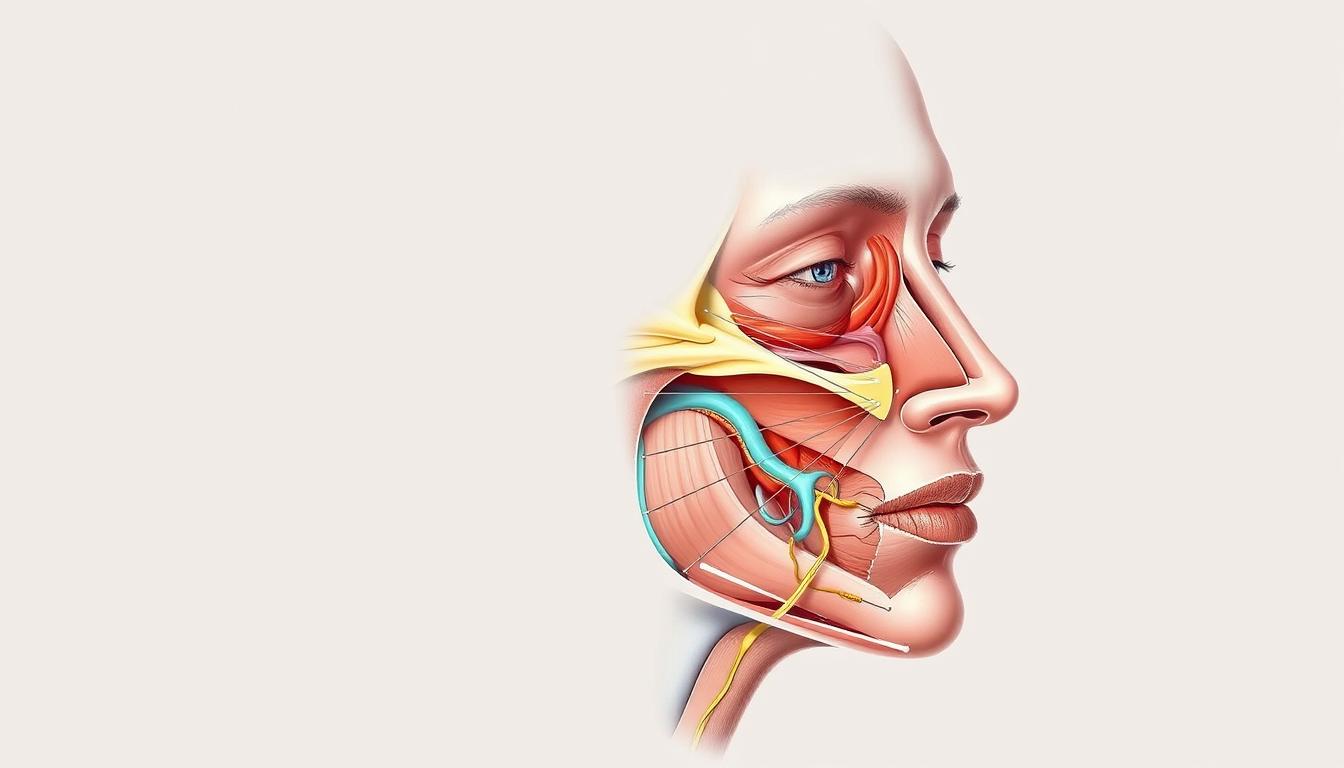Did you know that over 25% of Americans report having tried some form of alternative medicine, including substances like Ormus? This surprising statistic underscores a growing interest in holistic health approaches and raises questions about validity and effectiveness. Ormus, a substance often shrouded in mystery, has gained popularity for its proposed health benefits. However, a closer examination of the claims surrounding Ormus reveals a complex landscape of anecdotal evidence and limited scientific research. In this article, readers will explore the truth about Ormus and health benefits, delving into what Ormus actually is, its potential effects on health, and current research surrounding this controversial substance.
Key Takeaways
- Understanding Ormus is crucial for evaluating its proposed health benefits.
- Many individuals claim significant improvements in well-being after using Ormus, yet scientific backing remains scarce.
- The landscape of Ormus research encompasses both anecdotal testimonials and skepticism from the scientific community.
- Potential health claims regarding Ormus effects range from cognitive enhancement to emotional balance.
- It is vital to approach Ormus with a critical mindset, considering both anecdotal evidence and scientific scrutiny.
What is Ormus?
Ormus refers to a group of substances believed to encompass the monoatomic forms of precious metals. These substances have garnered attention due to their proposed unique properties and benefits. Understanding the definition of Ormus, its historical context, and the types of elements involved offers valuable insight into its applications, particularly within the realm of supplements.
Definition of Ormus
The definition of Ormus, or Orbitally Rearranged Monoatomic Elements, encompasses a collection of materials that are thought to contain monoatomic forms of metals such as gold, silver, and platinum. These elements exist in a unique atomic state, purportedly leading to various health benefits and enhanced bioavailability.
Historical Background and Origins
The origins of Ormus can be traced back to ancient alchemical traditions that delved into the transformation of base materials into more valuable forms, including gold. In the 1970s, David Hudson played a pivotal role in popularizing the concept of Ormus, claiming various beneficial properties associated with these substances. This modern interpretation aligns with historical pursuits of spiritual enlightenment and purification.
Types of Elements Found in Ormus
The types of elements in Ormus typically include key substances such as gold, silver, and platinum, all existing in a monoatomic state. This configuration is postulated to facilitate unique properties, including enhanced conductivity and visibility within biological systems. Ormus supplements often emphasize these elements due to their perceived ability to promote well-being and health.
Understanding the Properties of Ormus
The exploration of Ormus properties reveals a complex interplay of scientific concepts and unconventional beliefs. This section delves into the monoatomic state of matter, the scientific assertions surrounding Ormus, and the intriguing yet debated claims of superconductivity and energy dynamics.
Monoatomic State of Matter
The monoatomic state represents a condition where individual atoms exist apart from each other, rather than in clusters or crystalline formations. Proponents argue that this separation enhances biological interactions, potentially maximizing the efficacy of Ormus in various applications. This distinctive state challenges traditional perceptions about matter and invites further inquiry into its implications for health and wellness.
The Science Behind Ormus
Despite the enthusiasm surrounding Ormus, substantial skepticism exists in the scientific community regarding its purported properties. While some advocates assert that Ormus demonstrates superconductive capabilities, dominant scientific consensus questions the validity of these claims. Lack of rigorous empirical evidence raises concerns about the definitions and interpretations surrounding Ormus, leading to continued debates regarding its true potential.
Potential Superconductivity and Energy Dynamics
The theoretical exploration of Ormus’s superconductivity suggests that it may exhibit these properties at room temperature. Such claims, while captivating, remain largely unverified and speculative. The relationship between Ormus properties and energy dynamics presents intriguing possibilities for future research, yet authoritative studies are still needed to substantiate these assertions.
The Truth About Ormus and Health Benefits: 10 Things You Should Know
The exploration of Ormus health benefits touches on various aspects of well-being, from cognitive enhancements to emotional stability. Anecdotal reports and individual testimonials highlight a diverse range of potential positive effects associated with Ormus. The following points provide insights into the various claims made regarding Ormus and its advantages.
1. Enhanced Cognitive Function
Many users report notable improvements in cognitive function, including better memory, increased focus, and enhanced mental clarity. These enhancements may arise from Ormus’s purported capacity to modulate neurotransmitters, leading to superior mental acuity.
2. Boosted Vitality and Energy Levels
Anecdotal evidence suggests that supplementation with Ormus can lead to heightened vitality and energy levels. Individuals report feelings of increased stamina, allowing them to perform daily activities more effectively.
3. Spiritual Growth and Insights
Some users assert that Ormus facilitates spiritual growth, aiding them in gaining personal insights and fostering greater self-awareness. This aspect often attracts those interested in personal development and spiritual exploration.
4. Emotional Balance and Stress Relief
Reports indicate that Ormus may promote emotional balance by helping to regulate mood. Users claim reduced symptoms of anxiety and depression, suggesting that Ormus may play a role in fostering emotional equilibrium.
5. Cellular Repair and Regeneration
Advocates of Ormus claim its ability to support cellular repair and regeneration processes. By potentially enhancing cellular maintenance, Ormus contributes to overall health and well-being.
6. Claims of Correcting DNA Errors
Some individuals assert that Ormus can correct DNA errors, thereby promoting genetic health. These claims remain controversial and lack robust scientific evidence to validate their accuracy.
7. Testimonials vs. Scientific Evidence
Numerous testimonials present significant benefits related to Ormus use. Despite these personal accounts, mainstream scientific validation is still lacking, emphasizing the need for comprehensive independent research to establish accurate understanding.
Ormus Uses and Dosage Recommendations
Ormus has garnered attention for its various uses in holistic health. This supplement is available primarily in two forms: Ormus liquid and Ormus powder. Each form comes with its unique advantages, appealing to different preferences among users.
Forms of Consumption: Liquid vs. Powder
Both Ormus liquid and Ormus powder serve as options for consumption. Users often report that the liquid form, when taken sublingually, may enhance absorption rates compared to the powdered option. This difference can be significant for individuals focusing on maximizing the effects of Ormus in their health regimen.
Recommended Dosage Guidelines
Dosage recommendations for Ormus vary depending on individual tolerance and health objectives. Responsible consumption is essential, with many authorities suggesting that individuals begin with lower doses. This gradual approach allows users to assess their reactions before increasing the dosage to meet specific needs.
Safety Concerns and Risks
While exploring Ormus uses, safety concerns arise, particularly regarding untested supplements. Critics highlight potential health risks stemming from improper sourcing, which can lead to contamination and toxicity. Heavy metals represent a notable danger if the production process lacks stringent quality control measures. It is crucial for users to remain vigilant and informed regarding the origins of the Ormus products they choose.
Current Research and Controversy Around Ormus
The exploration of Ormus has opened a complex dialogue within the realms of both mainstream science and alternative medicine. This focus on Ormus research continues to fuel ongoing debates, highlighting stark contrasts between anecdotal evidence and scientific scrutiny.
Lack of Mainstream Scientific Support
Despite the growing popularity of Ormus among alternative practitioners, many experts remain skeptical. There exists a deficit in comprehensive research that substantiates the health claims associated with Ormus. This skepticism from the scientific community showcases a significant controversy surrounding its validation and efficacy.
Critique and Support from the Alternative Medicine Community
Within the alternative medicine community, Ormus garners both enthusiasm and criticism. Proponents advocate for its potential benefits, citing personal experiences as evidence of effectiveness. Critics, however, stress the necessity for cautious examination of these claims, arguing that anecdotal support does not equate to scientific proof.
Personal Testimonials vs. Scientific Doubts
Numerous personal testimonials detail transformative experiences attributed to Ormus consumption. Despite the compelling nature of these narratives, the absence of systematic studies raises questions regarding their reliability. The divergence between personal testimonials and scientific criticism highlights the need for more rigorous Ormus research to evaluate its actual benefits.
Conclusion
In summary, the exploration of Ormus reveals a complex intersection of anecdotal benefits and scientific scrutiny. Throughout this article, various health benefits attributed to Ormus have been discussed, showcasing claims of enhanced cognitive function and improved emotional well-being. However, it is essential to note that these assertions exist largely within a realm of speculation and personal experience, emphasizing the need for further research into the safety and efficacy of these substances.
While the potential risks associated with Ormus supplementation cannot be ignored, the testimonies from users provide a contrasting perspective that complicates the narrative. Therefore, when considering the concluding thoughts on Ormus, individuals must weigh personal anecdotes against the prevailing scientific understanding, which remains skeptical regarding many of the claims made about its health benefits.
Ultimately, the conversation surrounding Ormus serves as a reminder of the importance of thorough investigation into alternative health practices. As interest in such remedies continues to grow, a balanced approach that acknowledges both the allure of potential benefits and the warnings surrounding risks is crucial for informed decision-making.
















